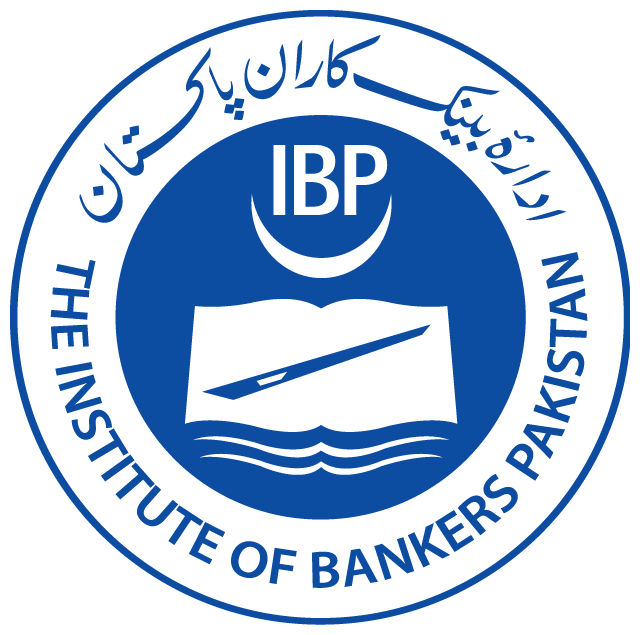Our Vision and Mission

Vision
To be the premier financial sector knowledge institute of international standard and repute.
Mission
To train and develop a sound human resource base for the financial sector and to work for continuous learning, adaptation and application of knowledge.

CORE VALUES
Integrity

Behaves in an honest, fair, and ethical manner. Shows consistency in words and actions. Demonstrate high standards of ethics.
Key Actions (Behavioral Indicators):
- Treats others fairly and with respect;
- Takes responsibility for own work, including problems and issues;
- Uses applicable professional standards and established procedures and policies when taking action and making decisions;
- Identifies ethical dilemmas and conflict of interest situations and takes action to avoid and prevent them;
Ownership

Takes ownership for actions, decisions and deliverables. Works to establish a culture of ownership among direct reports and across the organization, where applicable; models accountability for others.
Key Actions (Behavioral Indicators):
- Takes ownership and demonstrates accountability.
- Accepts responsibility for outcomes (positive or negative) of one’s work.
- Takes ownership for mistakes or missteps and refocuses efforts when necessary.
- Holds self and others accountable for reaching short and long-term goals.
- Encourages others to take responsibility.
- Provides encouragement and support to others in accepting responsibility; does not accept others’ denial of responsibility without questioning.
Team Work

To actively participate as a member of a team to move the team towards the completion of goals. To maintain strong, personal connections with team members and key stakeholders. Aligns personal work and performance with the broader team to achieve mutual outcomes.
Key Actions (Behavioral Indicators):
- Facilitates team goal accomplishment.
- Makes procedural or process suggestions for achieving team goals or performing team functions.
- Provides necessary resources or helps to remove obstacles to help the team accomplish its goals.
- Delegate meaningful work – The assignment of authority to another person (normally from a manager to a subordinate) to carry out specific activities that hold significant importance and has a positive valence.
- Involves others – Listens to and fully involves others in team decisions and actions; values and uses individual differences and talents.
- Informs others on team – Shares important or relevant information with the team.
Excellence
![]()
Sets high standards of performance for self and others; self-imposed standards of excellence.
Key Actions (Behavioral Indicators):
- Sets standards for excellence – Establishes criteria and/or work procedures to achieve a high level of quality, productivity, or service.
- Ensures high quality – Dedicates required time and energy to assignments or tasks to ensure that no aspect of the work is neglected; works to overcome obstacles in completing tasks or assignments.
Respect

Respect is one of the most important traits in the workplace. It allows you and your team to work together to accomplish goals. You need to respect your team, manager and clients to receive respect from them.
Key Actions (Behavioral Indicators):
- Practice common courtesy and politeness
- Prevent bias (even implicit bias)
- Include everyone in meetings, discussions and celebrations
- Consider how others view you and your actions
- Help your peers
Customer Focus

Customer Focus Makes customers and their needs a primary focus of one’s actions; develops and sustains productive customer relationships.
Key Actions (Behavioral Indicators):
- Seeks to understand customers – Actively seeks information to understand customers’ circumstances, problems, expectations, and needs.
- Educates customers – Shares information with customers to build their understanding of issues and capabilities.
- Builds collaborative relationships – Builds rapport and cooperative relationships with customers.
- Takes action to meet customer needs and concerns – Considers how actions or plans will affect customers; responds quickly to meet customer needs and resolve problems; avoids over commitments.
- Sets up customer feedback systems – Implements effective ways to monitor and evaluate customer concerns, issues, and satisfaction and to anticipate customer needs.
